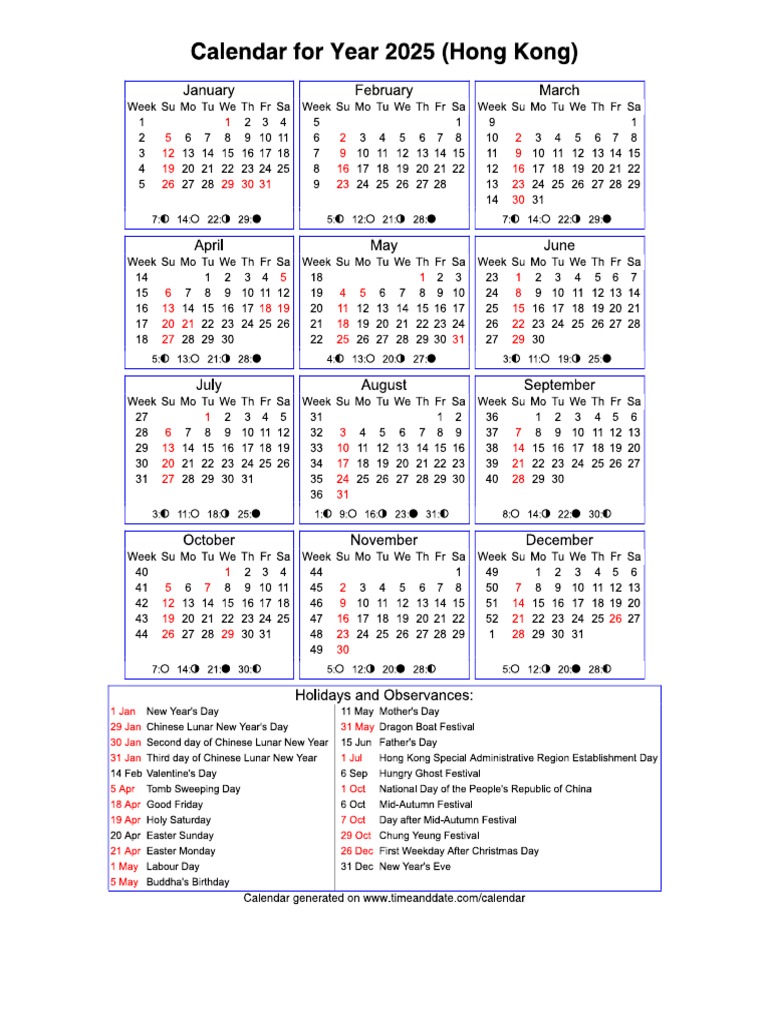Navigating the Future: A Comprehensive Look at the 2025 Calendar
Navigating the Future: A Comprehensive Look at the 2025 Calendar
Introduction
With enthusiasm, let’s navigate through the intriguing topic related to Navigating the Future: A Comprehensive Look at the 2025 Calendar. Let’s weave interesting information and offer fresh perspectives to the readers.
Table of Content
Navigating the Future: A Comprehensive Look at the 2025 Calendar

The year 2025 is fast approaching, and with it, the opportunity to plan and strategize for a future brimming with possibilities. While the exact events of the year remain unknown, a well-structured calendar can provide a framework for navigating the year effectively. This article delves into the importance of a 2025 calendar, exploring its uses, benefits, and potential impact on various aspects of life.
The Significance of a Calendar:
A calendar serves as a visual representation of time, offering a structured approach to organizing tasks, scheduling events, and managing deadlines. Beyond its practical utility, a calendar can also act as a powerful tool for:
- Goal Setting and Achievement: By visualizing the year ahead, individuals can identify key milestones and allocate time for achieving their goals. Whether it’s personal aspirations or professional objectives, a calendar provides a tangible roadmap for success.
- Time Management and Productivity: Effective time management is crucial for maximizing productivity. A calendar allows for the prioritization of tasks, allocation of time slots for specific activities, and the identification of potential time conflicts.
- Event Planning and Coordination: From birthdays to conferences, a calendar serves as a central hub for planning and coordinating events. This ensures that all important dates are remembered and that necessary arrangements can be made in advance.
- Financial Planning and Budgeting: A calendar can be utilized for tracking expenses, monitoring income, and managing financial commitments. By visualizing financial obligations throughout the year, individuals can make informed decisions and ensure financial stability.
- Personal Growth and Development: A calendar can be a tool for self-reflection and personal growth. By scheduling time for activities that promote well-being, such as exercise, meditation, or pursuing hobbies, individuals can prioritize self-care and cultivate a balanced lifestyle.
The 2025 Calendar: A Unique Perspective
The year 2025 holds a certain significance, marking a milestone in the trajectory of time. It is a year that presents both opportunities and challenges, requiring careful planning and strategic thinking. A 2025 calendar can provide a unique perspective on the year ahead, allowing individuals to:
- Anticipate and Adapt to Change: The year 2025 is likely to be shaped by technological advancements, societal shifts, and global events. A calendar can help individuals anticipate these changes and adapt their plans accordingly.
- Embrace New Trends and Opportunities: The year 2025 is expected to witness the emergence of new trends and opportunities across various sectors. A calendar can facilitate the exploration of these trends, allowing individuals to capitalize on emerging possibilities.
- Plan for Long-Term Goals and Aspirations: The year 2025 provides a platform for setting long-term goals and aspirations. A calendar can be utilized to break down these goals into smaller, achievable steps, ensuring progress towards their realization.
FAQs Regarding the 2025 Calendar
Q: What are the key dates to note in the 2025 calendar?
A: While the exact dates of specific events are yet to be confirmed, the 2025 calendar will likely feature:
- Major Holidays: National holidays and religious observances are important dates to mark in the calendar.
- Significant Events: Global events, such as conferences, summits, and cultural celebrations, should be noted for potential participation or awareness.
- Personal Milestones: Birthdays, anniversaries, and other personal milestones should be recorded for timely planning and celebration.
Q: How can I effectively utilize a 2025 calendar?
A: To maximize the benefits of a calendar, consider the following:
- Choose a Suitable Format: Select a calendar format that best suits individual preferences and needs, whether it be a physical planner, a digital calendar application, or a combination of both.
- Prioritize Tasks and Events: Allocate time slots for important tasks and events, ensuring that they are given adequate attention and resources.
- Regularly Review and Update: Periodically review the calendar to ensure that it accurately reflects current priorities and commitments. Make necessary adjustments as required.
- Integrate with Other Tools: Integrate the calendar with other productivity tools, such as task management apps or note-taking platforms, for seamless workflow management.
Tips for Utilizing the 2025 Calendar Effectively
- Set Realistic Goals: Avoid overwhelming yourself with too many commitments. Prioritize tasks and set achievable goals that align with personal and professional aspirations.
- Allocate Time for Self-Care: Schedule time for activities that promote well-being, such as exercise, relaxation, or pursuing hobbies.
- Embrace Flexibility: Life is unpredictable. Be prepared to adjust plans and adapt to unforeseen circumstances.
- Seek Feedback and Support: Don’t hesitate to seek feedback from others or enlist support when needed.
Conclusion
The 2025 calendar is a valuable tool for navigating the year ahead, providing a framework for organization, planning, and achieving goals. By effectively utilizing a calendar, individuals can enhance productivity, manage time effectively, and make informed decisions to achieve their aspirations. As the year unfolds, the 2025 calendar will serve as a constant reminder of the possibilities that lie ahead, encouraging individuals to embrace the future with purpose and clarity.
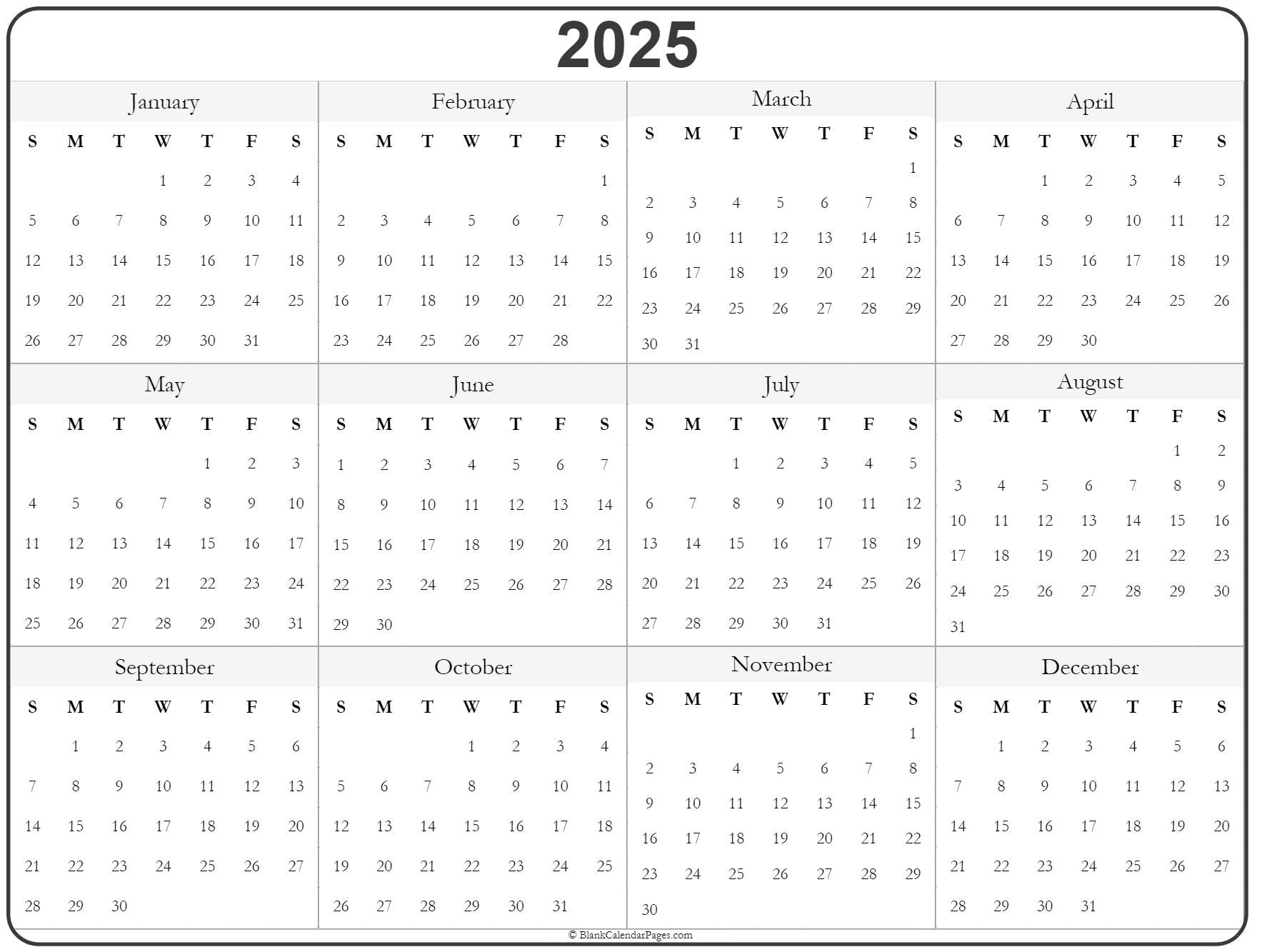

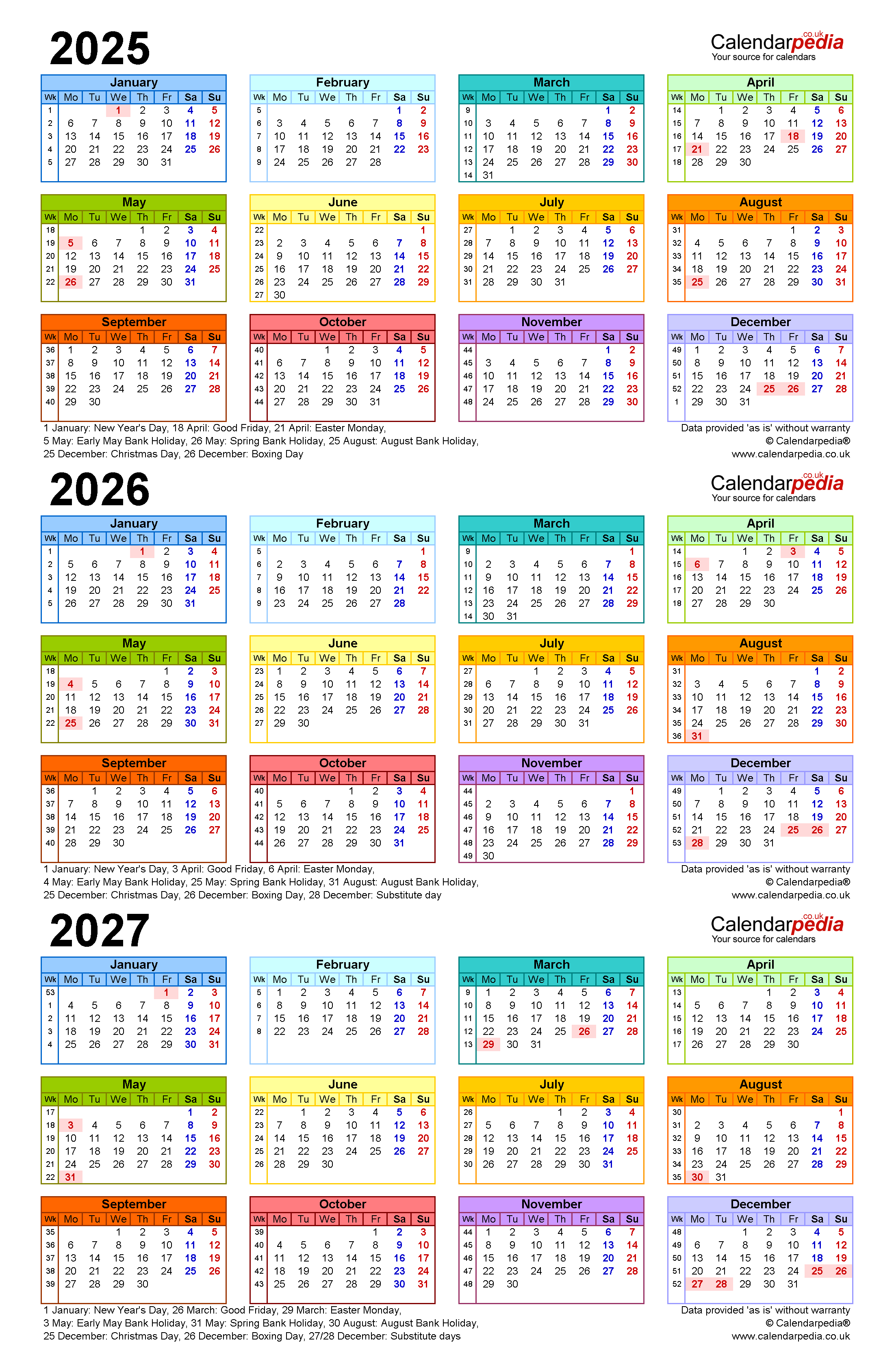
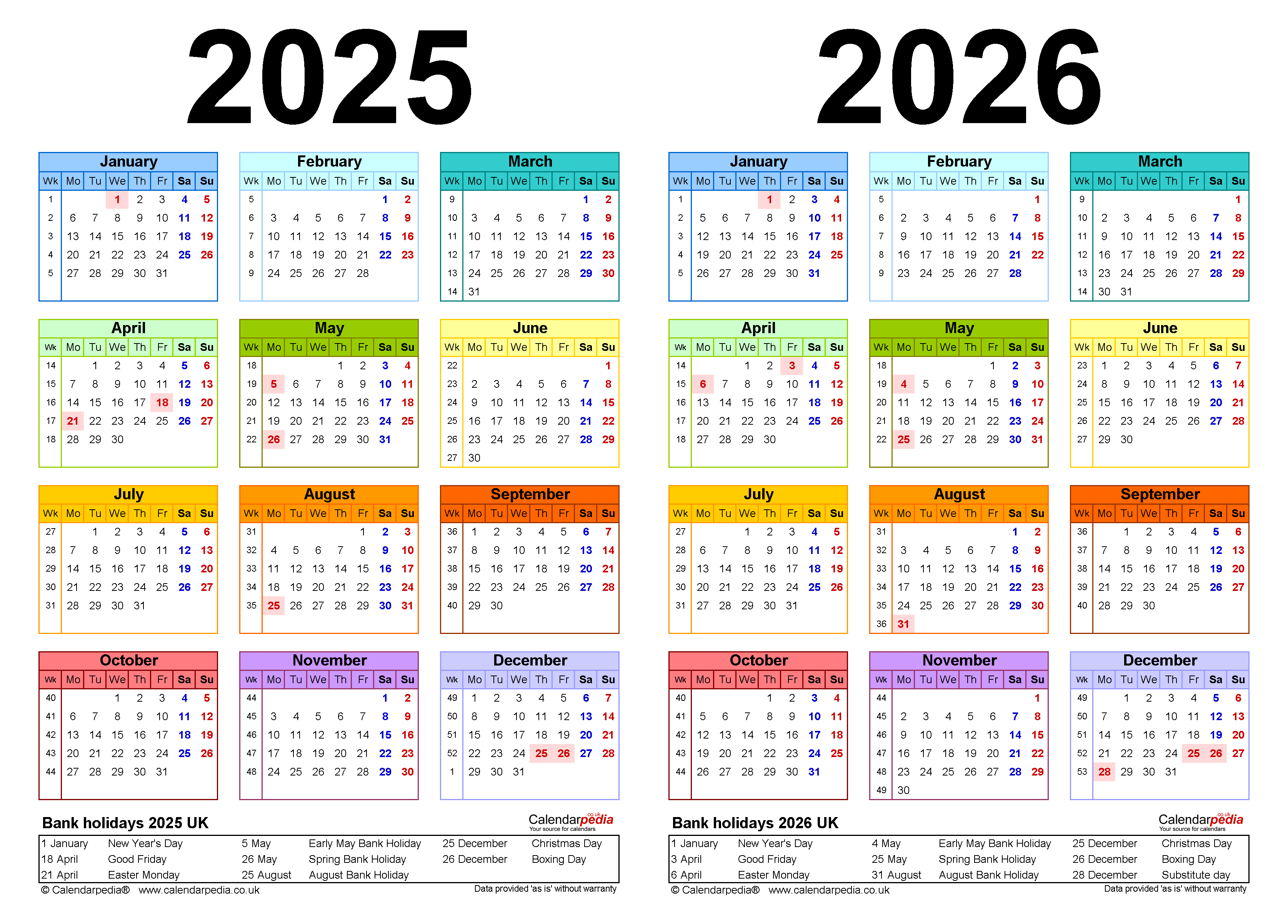
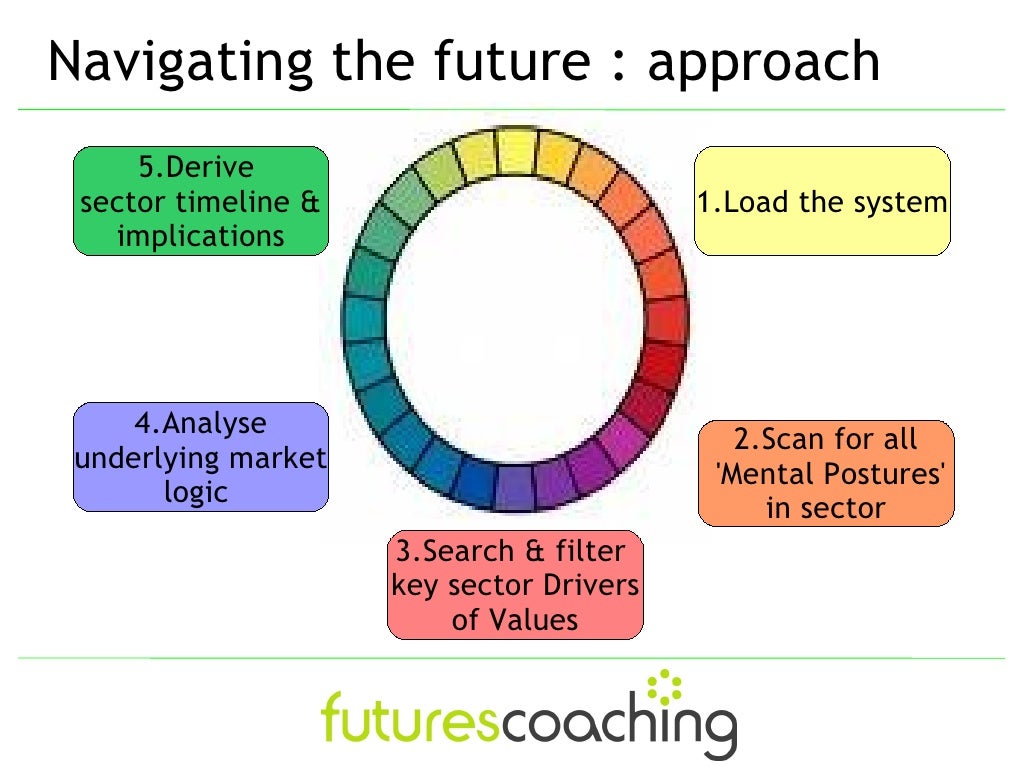
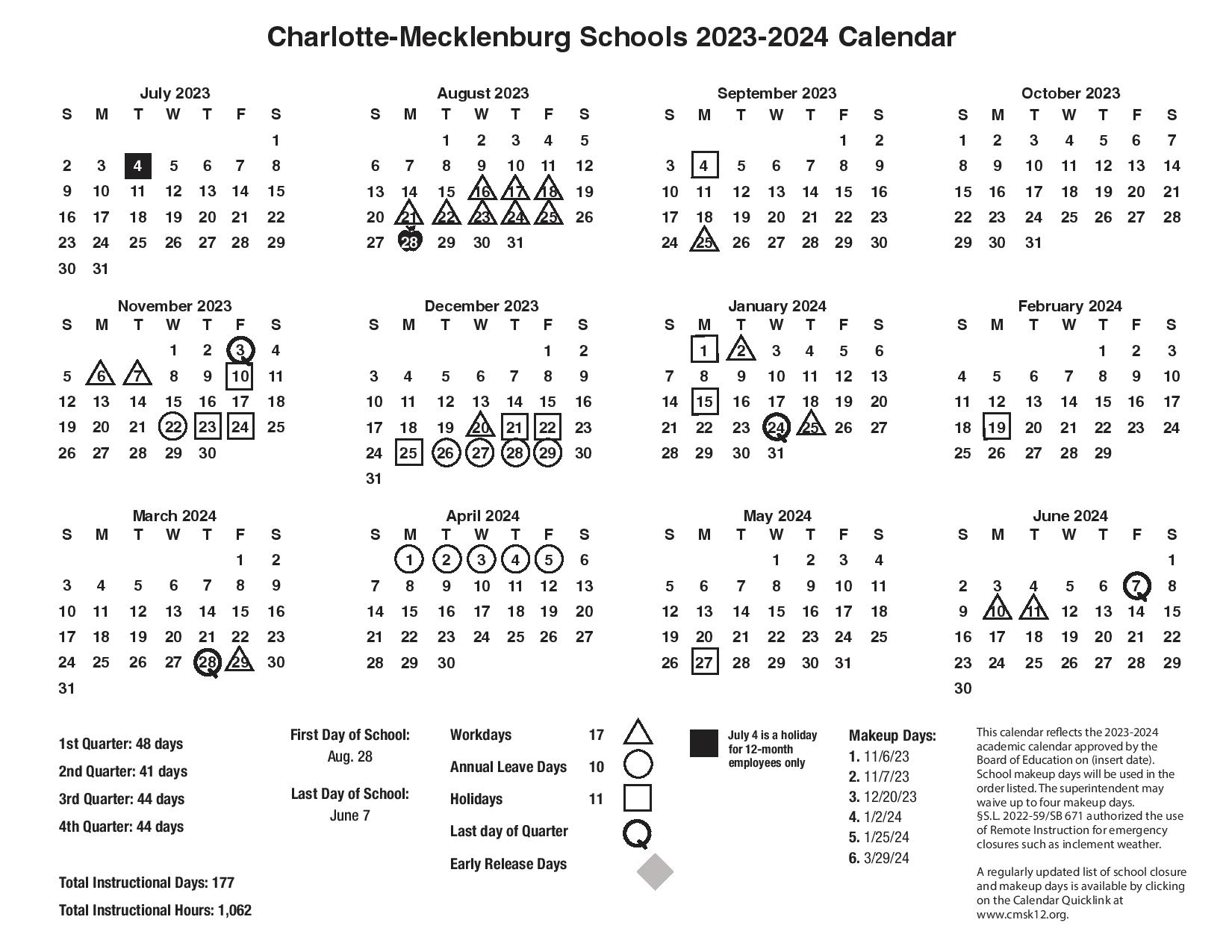
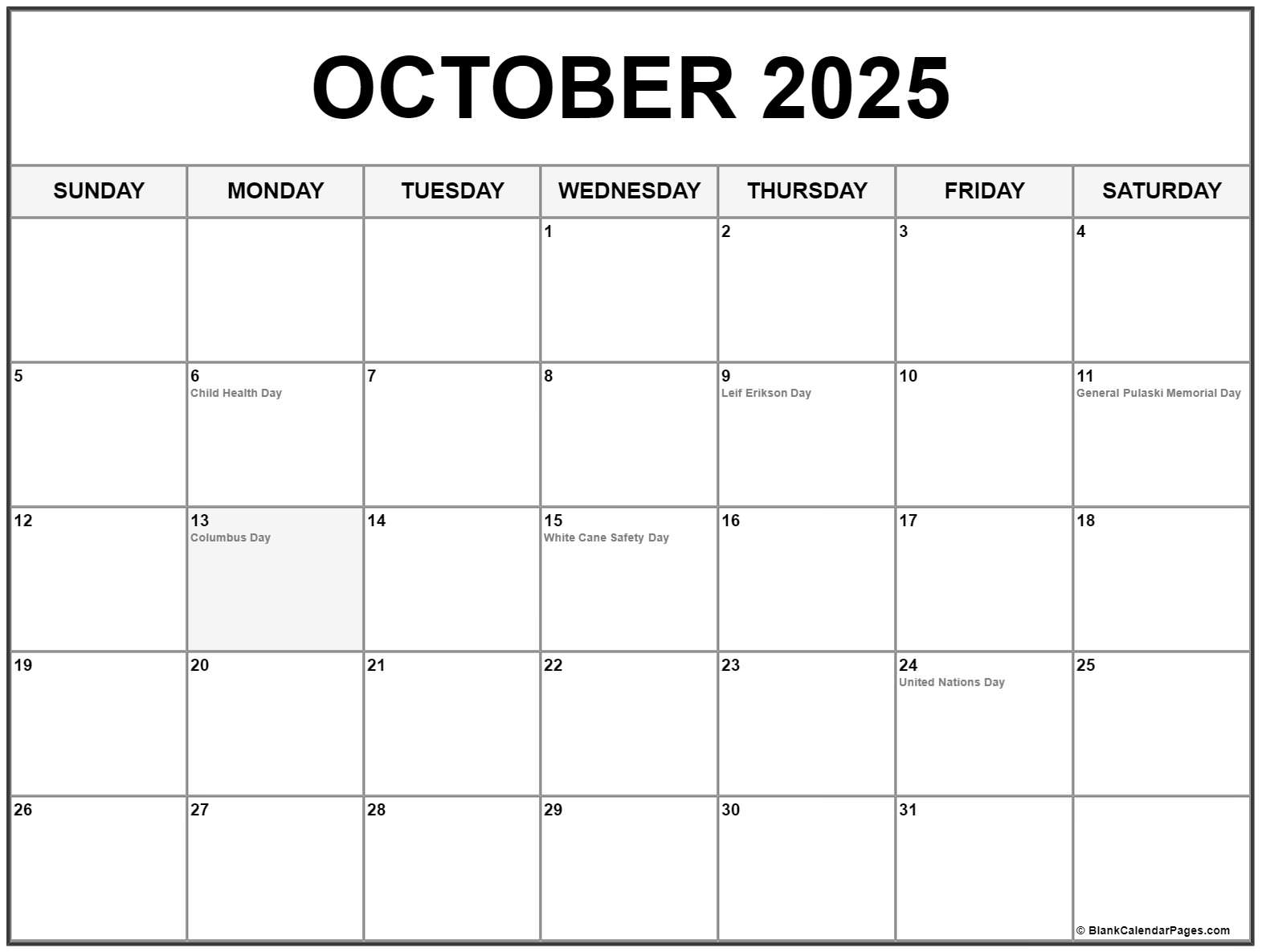
Closure
Thus, we hope this article has provided valuable insights into Navigating the Future: A Comprehensive Look at the 2025 Calendar. We thank you for taking the time to read this article. See you in our next article!
